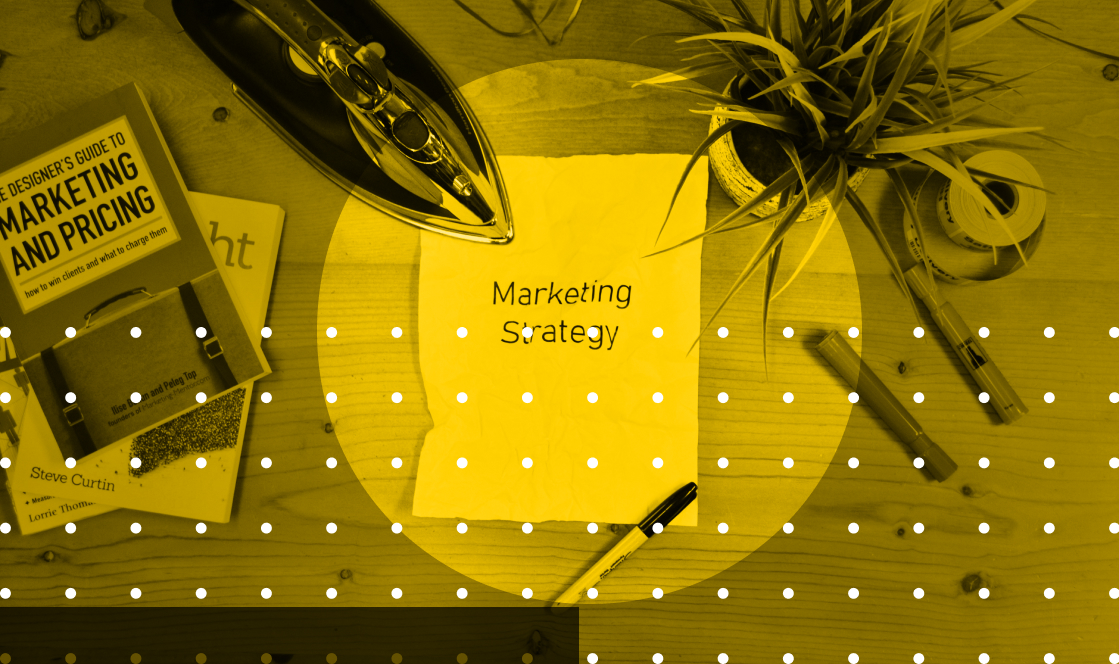Building a strong contest first go-to-market strategy can feel overwhelming, especially for founders and early-stage teams seeking their first customers. Adopting a content-first approach lays a solid foundation, builds credibility, and makes outreach easier and more effective. Here’s how you can create a winning early-stage content strategy.
Want to explore how a content marketing for GTM strategy can boost early success for your business? Schedule a Discovery Call to learn about tailored strategies for your goals.
1. Start With a Strong Profile
Your company’s online profile is one of the first things potential customers see. It includes your website, LinkedIn, and any other online presence. Make sure your profiles are clear, credible, and consistent:
- Set up profiles that reflect your brand and expertise.
- Highlight value propositions and include keywords your audience searches for.
Pro Tip: When your profile and site communicate value and relevance, your content marketing for GTM strategy will work harder for you.
2. Focus on Creating High-Value Content
Valuable content positions you as a trusted source in your industry. Aim to build a content library that informs, educates, and engages your ideal customers. Common content types include:
- Educational Articles: Explain industry trends, address customer pain points, or provide tips.
- Case Studies: Demonstrate results that potential customers can expect.
- Blog Posts: Offer short, actionable posts on relevant topics.
- Whitepapers or E-books: Provide in-depth guides for those interested in learning more.
Pro Tip: If you’re in FinTech, focus on topics like security, compliance, or digital transformation—these are high-interest areas for industry readers.
3. Align Content with Buyer Stages
When developing your early-stage content strategy, consider your buyer’s journey from start to finish. Create content for each stage to ensure consistent engagement:
- Awareness Stage: Focus on educational content that explains what you do and why it matters.
- Consideration Stage: Provide comparisons, product details, and case studies.
- Decision Stage: Share testimonials, success stories, and the next steps involved moving forward.
Mapping content to each stage gives potential buyers something to reference, whether they’re new to your brand or close to making a decision.
4. Build Before Outreach
An effective Go-to-market strategy for startups means creating a robust content library before starting heavy outreach. When leads see a profile and website filled with relevant, high-quality content, it builds trust and reduces friction in the sales process. Here’s why:
- Credibility: Content shows you understand the industry.
- Visibility: Quality content helps you appear in more searches.
- Trust: Prospects are more likely to respond if they already trust your brand.
This pre-built content lays the groundwork for smoother, more successful outreach campaigns by answering questions and demonstrating value upfront.
5. Start Outreach With a Strong Foundation
Once your content library is in place, begin your outreach efforts. Ready-to-share content offers value right from the start, making prospects more likely to respond. Here are some tips:
- On LinkedIn, reference relevant articles you’ve posted to engage prospects.
- When emailing, link to blog posts, case studies, or insights that speak to their challenges.
Read More: 8 Steps to Build a Winning B2B Marketing Strategy
6. Measure What Works and Keep Optimizing
Finally, track what’s working. Monitor which content types and topics receive the most engagement and double down on those. Adjust your content and outreach based on these insights to continuously improve results.
Summary
A content-first go-to-market strategy builds a foundation that establishes credibility, enhances outreach, and attracts more qualified leads. Create content that aligns with each buyer stage and optimize based on performance to set yourself up for faster, more successful growth.
Additional Resources
→ My Lead Generation Reading List
$100M Offers by Alex Hormozi
$100M Leads by Alex Hormozi
Expert Secrets by Russell Brunson
The Art and Business of Writing by Nicolas Cole
Founder Brand by Dave Gerhardt
Predictable Revenue by Aaron Ross & Marylou Tyler
The Challenger Sale by Matthew Dixon & Brent Adamson
→ My Sales & Marketing Stack
Notion (Productivity)



